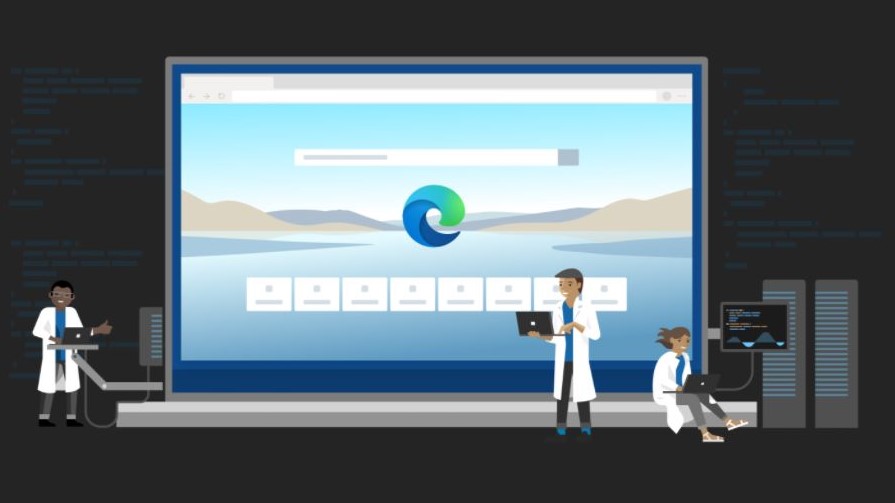New Microsoft Edge feature will squeeze out even more performance on Windows 11
Updated Microsoft Edge feature could help woo Windows 11 users

Sign up for breaking news, reviews, opinion, top tech deals, and more.
You are now subscribed
Your newsletter sign-up was successful
The latest edition of Microsoft Edge is set to pack a new disk caching feature that the company says will provide a big performance upgrade whilst minimizing its storage footprint.
A disk cache is used by browsers to store resources fetched from the web so that they can be accessed quickly later if needed; the larger the size of the cache, the larger the likelihood that the resource being requested can be fetched from the disk, which is often faster than fetching the same resource from the network.
However, particularly on systems with low disc space, a large cache runs the risk of slowing down the entire machine more widely.
Microsoft Edge disk caching
Microsoft says the new feature will automatically compress disk caches on some devices, and that this compression will apparently save on the disk space needed for the cached content.
Since the contents in these caches are often highly compressible, according to Microsoft, compression results in increasing the likelihood that the requested resource can be fetched from the disk.
The tech giant said that the new feature will only be automatically implemented on devices that meet its eligibility checks, to ensure the compression will be beneficial without degrading performance.
The feature will be appearing in Microsoft Edge 102, which is set to roll out to users soon, packing a number of upgrades and new tools.
Sign up to the TechRadar Pro newsletter to get all the top news, opinion, features and guidance your business needs to succeed!
Though Microsoft Edge has long been the underdog to Google Chrome in terms of popularity, its user base has been picking up, at least in certain markets.
Research conducted by TechRadar Pro in collaboration with Perimeter 81, found Microsoft Edge to be the preferred web browser of 37.77% of businesses, beating the 33.01% slice owned by Google Chrome.
Microsoft has been consistently active in terms of rolling out new features for the browser.
These include “new synergies” with the rest of its product suite, which it says will help users switch continuously between windows when performing tasks.
- Looking for more speed and storage? Here's our pick of the best business laptops around
Will McCurdy has been writing about technology for over five years. He has a wide range of specialities including cybersecurity, fintech, cryptocurrencies, blockchain, cloud computing, payments, artificial intelligence, retail technology, and venture capital investment. He has previously written for AltFi, FStech, Retail Systems, and National Technology News and is an experienced podcast and webinar host, as well as an avid long-form feature writer.